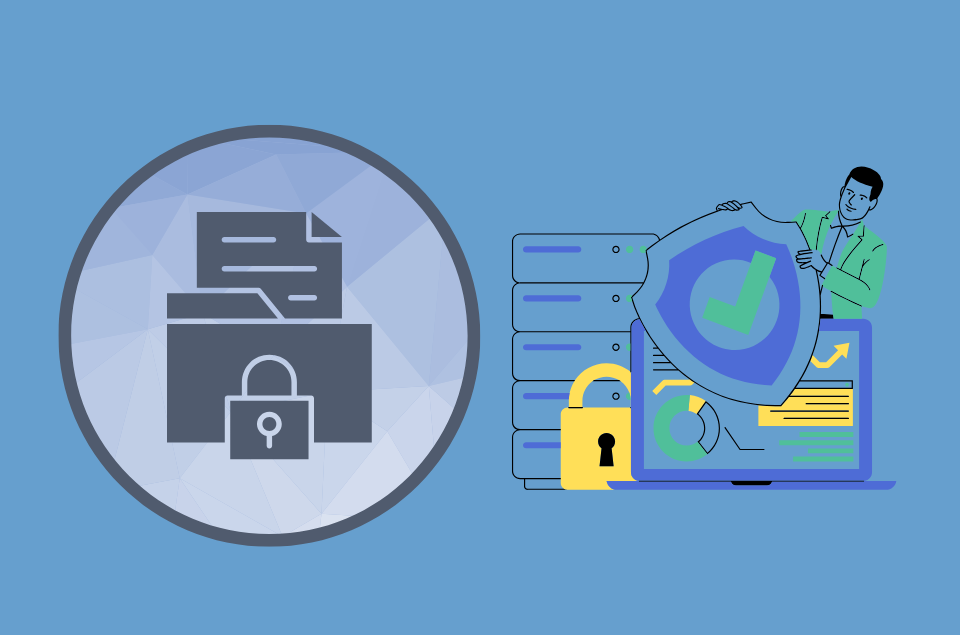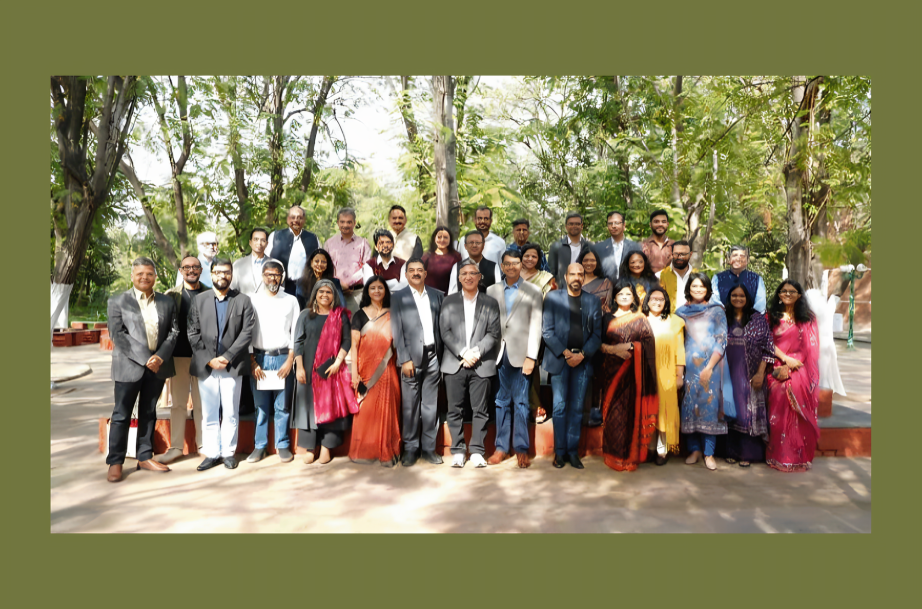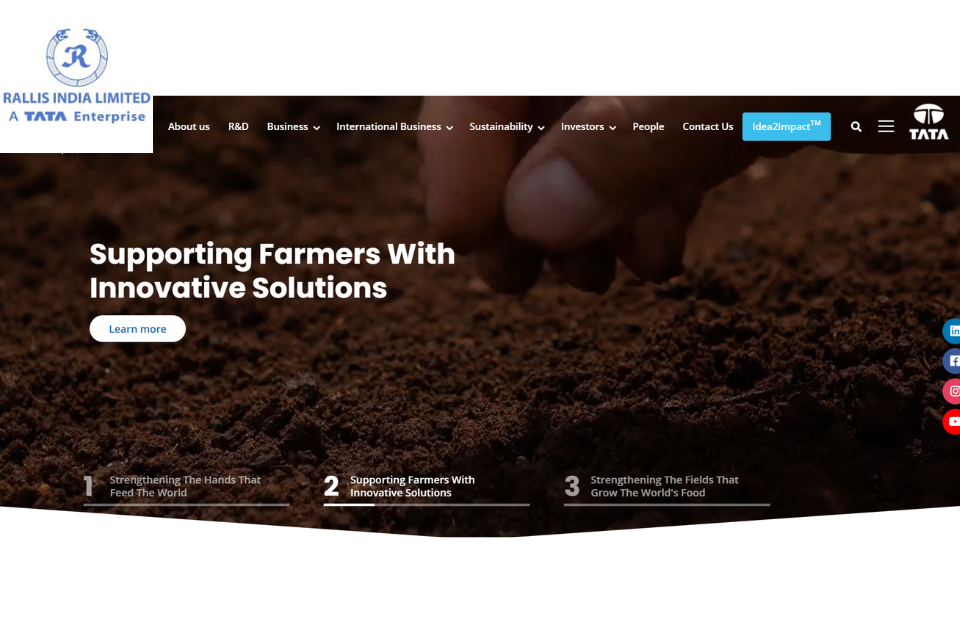Privacy & Data Localization: How Meta and other Indian Startups are navigating

SUMMARY
Introduction:
India has more than 500 million regular WhatsApp users. But have you ever paused to think about who owns your data, how secure and safe it is, and where it goes? Now that more than a billion people are connected online to share everything online, the rules on who controls all that personal info need some serious rewriting. That’s where Data Privacy and data localization come in.
These rules are changing how tech giants like Meta’s WhatsApp and homegrown Indian startups do business in India. All these companies are working hard to follow strict and new laws. The Digital Personal Data Protection (DPDP) Act is at the center of these things. In this article, we will see how data privacy and localization affect big players like Meta and small startups while reshaping India’s digital landscape.
Understanding Data Privacy
Privacy is like personal armor. This is the right of a person to decide whether and what part of their digital information should be collected and used for. You basically tell the company if they can share your information (a phone number, for example) with other companies or third-party data brokers. Platforms on the internet usually collect personal information to show ads, improve services or tailor offerings.
The leaks or misuse of this collected information can lead to scams, identity theft, or worse things. Data privacy is a fundamental part of law in India, and the main goal is to ensure that a person’s digital footprint is handled with respect. Privacy makes sure that companies only use your data for the exact reason you gave them permission for. Consent must be made clear, simple, and withdrawable easily.
Data localization
This is a national policy that adds an extra layer of protection to the user data. It requires certain types of data generated by a country’s citizens to be stored on computer servers located physically within the country’s borders. India is promoting localization to enhance security and safeguard sensitive data from cyber attacks.
If the data is locally stored in India, police and investigating agencies can gather it faster when combating cybercrime, terrorism, or other serious illegal acts without being delayed by foreign legal systems. It’s also a way for India to assert control over its own digital resources while ensuring that the data is governed primarily by Indian laws. Localization also motivates domestic companies to create huge data centers in India, leading to job creation.
India’s regulatory framework: DPDP Act
India’s biggest step towards privacy is the Digital Personal Data Protection Act, 2023. It is like a rulebook handling digital personal data of anything from email to health records. This gives everyone the right to know what data companies hold and decline to share. This Act is a game-changer because it applies to nearly every entity that processes the digital personal data of people in India.
The Act places serious rules that every foreign or domestic company should comply with. A company must obtain free, specific, informed, unconditional, and unambiguous consent. Under this act, buried terms and conditions or biased consent models are not allowed. Companies must only collect the minimum amount of data needed for a specific task, and once that purpose is done, they must delete the data, unless legally required to keep it.
Companies that fail to comply with the DPDP Act will face severe penalties of hundreds of crores of rupees. This framework is designed to force firms to adhere to the new rules. The DPDP Act is generally more relaxed, but it gives the Central Government the power to create a “blacklist” of countries to which data transfer would be restricted. This mechanism helps in controlling cross-border data flows.
Meta’s move for privacy
Meta is the parent company of WhatsApp and Facebook. For giants like Meta with an enormous user base, compliance is a matter of business survival. They face challenges on two main fronts: privacy and localization. WhatsApp has repeatedly been in the eyes of Indian regulators over its privacy policies, particularly an update in 2021. This is intended to increase the sharing of non-message content or data, like usage patterns and metadata, with other Meta companies for advertising purposes.
The Competition Commission of India (CCI) called out Meta for abusing its dominant position in the market. Since most users can’t easily switch away from WhatsApp due to its huge network, they were effectively forced to accept the new privacy terms. CCI had also said that it was anti-competitive.
WhatsApp, for its part, boasts its end-to-end encryption, guaranteeing that personal chats remain private. However, the legal and regulatory focus is on metadata and data from WhatsApp Business interactions, which are not always subject to the same protections. Meta needs to find a balance between its global data architecture and India’s data-sharing restrictions.
Localizing payment data
Sector-specific rules also require strict localization. The Reserve Bank of India (RBI) mandates that all data related to payment, including services like WhatsApp Pay, must be stored exclusively in India. This forced Meta to invest significantly in local data infrastructure to ensure that financial transaction data never leaves the country, a success for India’s localization demand.
Indian startups: Growing and compliance
Indian startups, especially in the sensitive sectors of fintech to health apps, are seeing this as both a challenge and an opportunity. Startups that previously relied on cheaper, standard global cloud hosting must now either invest in India-based servers or pay for cloud services that guarantee data resides in India.
This increases operational costs that can strain tight budgets. Other than that, startups need to design their services to ensure that they only collect essential data, which can slow down development and innovation. Companies are turning compliance into a selling point, especially for finance pros under SEBI rules.
Conclusion:
The actions of Meta, WhatsApp, and the response of the Indian startup ecosystem for data privacy and localization show how India is setting a new standard for how large digital platforms must operate within the country’s borders. The DPDP Act and the push for localization represent that access to the Indian market is conditional upon respecting user rights and ensuring that critical data remains under the jurisdiction of Indian law. This regulatory framework will continue to shape how data is moved, stored, and protected. The article mentioned the effect of Indian laws for privacy and localization on tech giants and startups in India.
FAQs:
What does data localization mean?
It means storing users’ data within the country where it was created, instead of on foreign servers.
Why is data localization important for India?
It helps protect user privacy and gives the government better control over sensitive information.
How does WhatsApp handle user data in India?
WhatsApp says it stores some data locally and follows India’s data protection rules while keeping chats end-to-end encrypted.
What is Meta’s (Facebook’s) approach to privacy in India?
Meta claims to follow Indian laws and focuses on giving users more control over their data through privacy settings.
Are Indian startups affected by data localization laws?
Yes, many startups must now set up local servers or partner with Indian data centers to follow the rules.
Does data localization make apps safer?
It can improve safety by keeping data within the country, but strong cybersecurity is still needed.
What laws in India deal with data protection?
The main law is the Digital Personal Data Protection Act, 2023, which sets rules for how data can be collected and used.
Can companies share user data with the government?
They can only share it when required by law, such as for investigations or security reasons.
How does this affect users like me?
It means your personal data is handled under stricter Indian rules, giving you more rights and control.
What’s next for privacy and startups in India?
Startups are focusing on building trust by being transparent, using secure systems, and following new data laws.
Note: We at scoopearth take our ethics very seriously. More information about it can be found here.
















